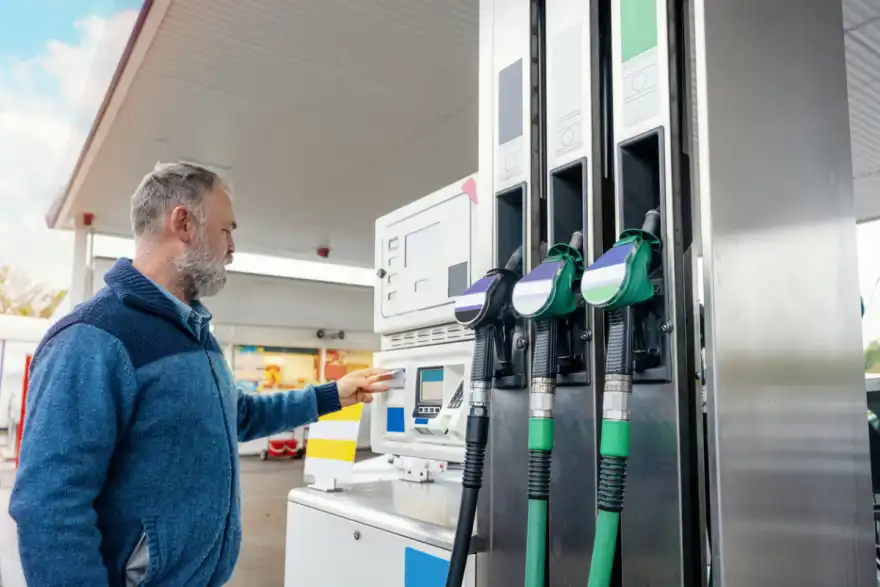
Fuel prices crept up again in December, marking the third consecutive monthly increase, though they’re still close to late 2019 levels, according to RAC Fuel Watch.
Petrol averaged 136.9p per litre across the UK, rising by 0.36p, while diesel hit 142.9p, an increase of 0.67p. Since October, petrol prices have climbed from 135p, and diesel from 139.5p, reflecting a gradual upward trend over the past three months.
Although petrol prices hit a year-low of 134.3p in October, they peaked at 150.6p in April. This means drivers are now saving 14p per litre, which translates to about £7.70 for a 55-litre family car. Diesel followed a similar pattern, with its high point of 158.7p in April dropping to a low of 139p in October, saving drivers 16p per litre, or £8.80 per fill-up.
Currently, filling a family car costs around £75.30 for petrol and £78.60 for diesel. Supermarkets are offering some relief, with petrol averaging 134p and diesel 139.5p per litre, resulting in a saving of about £1.65 per tank compared to national averages.
Oil prices remained between $72 and $75 a barrel in December, while the pound-to-dollar exchange rate stayed steady at $1.26. These factors helped prevent fuel prices from rising more significantly, providing some stability for drivers.
RAC head of policy Simon Williams noted, "Even though fuel prices have crept up slightly over the last three months, 2024 was a better year at the pumps, with prices coming down by 14p for petrol and 16p for diesel from the high points seen at the end of April.
“Looking back, it’s quite clear that 2024 was a year of two halves for fuel, with the second proving far better as the lower cost of oil translated to cheaper prices on the forecourt.
“Unfortunately, RAC Fuel Watch data shows average retailer margins are still well above the long-term figures. This is something the Competition and Markets Authority acknowledged in its November interim report, adding that it remains concerned about the lack of competition between retailers.
“As the Government has committed to introducing a mandatory fuel price reporting scheme this year, we’re hopeful this will eventually lead to greater competition and fairer prices across the country’s forecourts.”
Looking ahead, the Government plans to introduce a mandatory fuel price reporting scheme requiring retailers to share price updates within 30 minutes. This initiative aims to increase competition and deliver fairer pricing across the UK.


